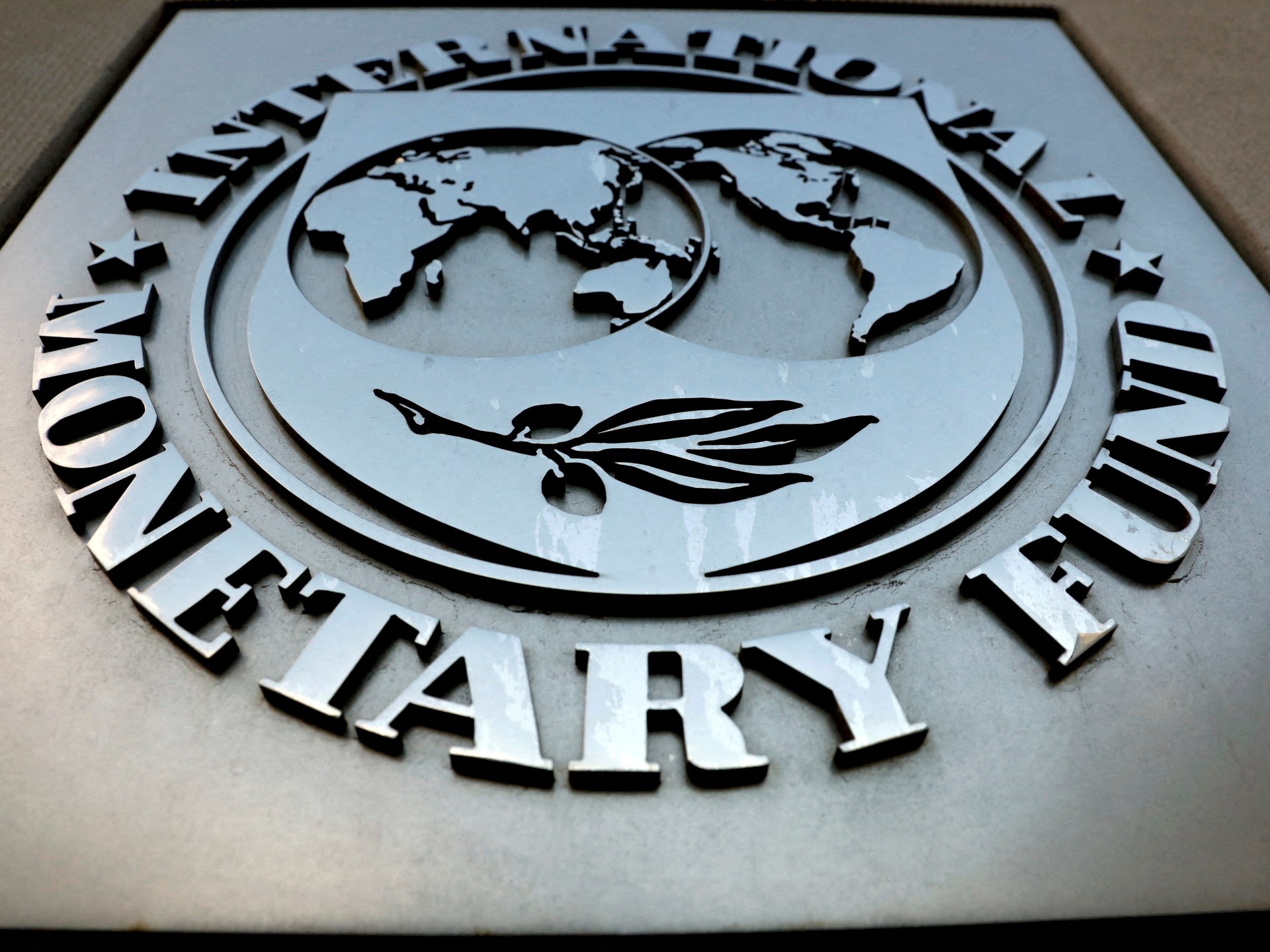Fitch: Finalizing a new agreement with the IMF will be difficult (Reuters)
ISLAMABAD -
The global rating agency Fitch has warned that the inconclusive result of the February 8 elections may complicate Pakistan’s efforts to secure a financing agreement with the International Monetary Fund.
General elections were held in Pakistan in which about 61 million people voted, and no political party obtained a parliamentary majority that qualified it to form the government, which resulted in a state of political uncertainty.
Following the election results, the People's Party and the Muslim League - Nawaz Sharif's wing began efforts to reach a power-sharing formula.
On the other hand, the Tehreek-e-Insaf Party (whose leader Imran Khan is in prison) announced an alliance with the Sunni Federation Council.
In a report issued on Monday, the US-based Fitch Ratings Agency - one of three weighty global rating agencies - said that the new International Monetary Fund agreement, which will replace a previous agreement that expires next month, was essential for Pakistan’s credit file.
The rating agency stressed that although Pakistan's external position has improved in recent months - as the Central Bank of Pakistan announced net foreign reserves of $8 billion as of February 9 - this is low compared to expected external financing needs.
Fitch indicated that the weak external position of sovereign bonds means that securing financing will be one of the most pressing issues on the next government’s agenda.
Fitch said that finalizing a new agreement with the International Monetary Fund is likely to be difficult.
Shahbaz Rana: Pakistan is facing a stifling crisis due to the amount of foreign debt exceeding 128 billion dollars (Al Jazeera)
Opinion of specialists
Al Jazeera Net met with a number of Pakistani economic and political analysts, during its coverage of the electoral process and its results, and the ensuing debates between the parties to form the government. They warned of the consequences of the negative impact of the state of political uncertainty on the Pakistani economy.
What bothered them most was the failure of the International Monetary Fund loan project that Pakistan had negotiated for over the course of months and which had reached a final stage, due to the failure to identify a strong government capable of negotiating and obtaining the trust of the Fund.
In light of this, Shehbaz Rana, an economic analyst at The Express Tribune newspaper, says that the most important food commodities that Pakistan imports are edible oil and legumes, and that the annual bill for imported food ranges between 6 and 8 billion dollars.
He added, in a previous interview with Al Jazeera Net, that Pakistan is facing a stifling crisis due to the volume of foreign debt, which exceeds 128 billion dollars, and is accompanied by debt service that is exhausting the general budget.
He pointed out that last June, Islamabad narrowly avoided default after obtaining a loan worth $3 billion from the International Monetary Fund. However, the lending package from the Fund came with strict conditions and reforms that would directly affect the public’s conditions.
As part of the deal, the government agreed to impose new taxes on the struggling energy sector and agreed to reduce subsidies, which led to sharp rises in electricity and oil.
Ramai: If the new government proceeds to obtain a new loan from the IMF, it will face difficulty in repayment (Al Jazeera)
Stifling crisis
For his part, economist Shakeel Ahmed Ramai says that given that the new government will proceed with obtaining another loan from the IMF, it will face difficulty in repayment unless new taxes are imposed on agriculture and real estate.
He explained in his interview with Al Jazeera Net that foreign investment is hampered by security concerns and political instability, in addition to bureaucracy, which deter foreign investors from pumping their money into the country.
He pointed out that Pakistan has many investment opportunities in various sectors if conditions improve and regulations are reformed.
Ramai pointed out that one of the dilemmas facing the Pakistani economy that keeps it from recovery is the political crisis in light of widespread skepticism about the integrity of the elections held on February 8.
He explained that "a deliberate exclusion took place against the former and currently detained Prime Minister Imran Khan and his Tehreek-e-Insaf party, despite the popularity they enjoy with more than 65% of the voters' votes."
Source: Al Jazeera + Pakistani press

